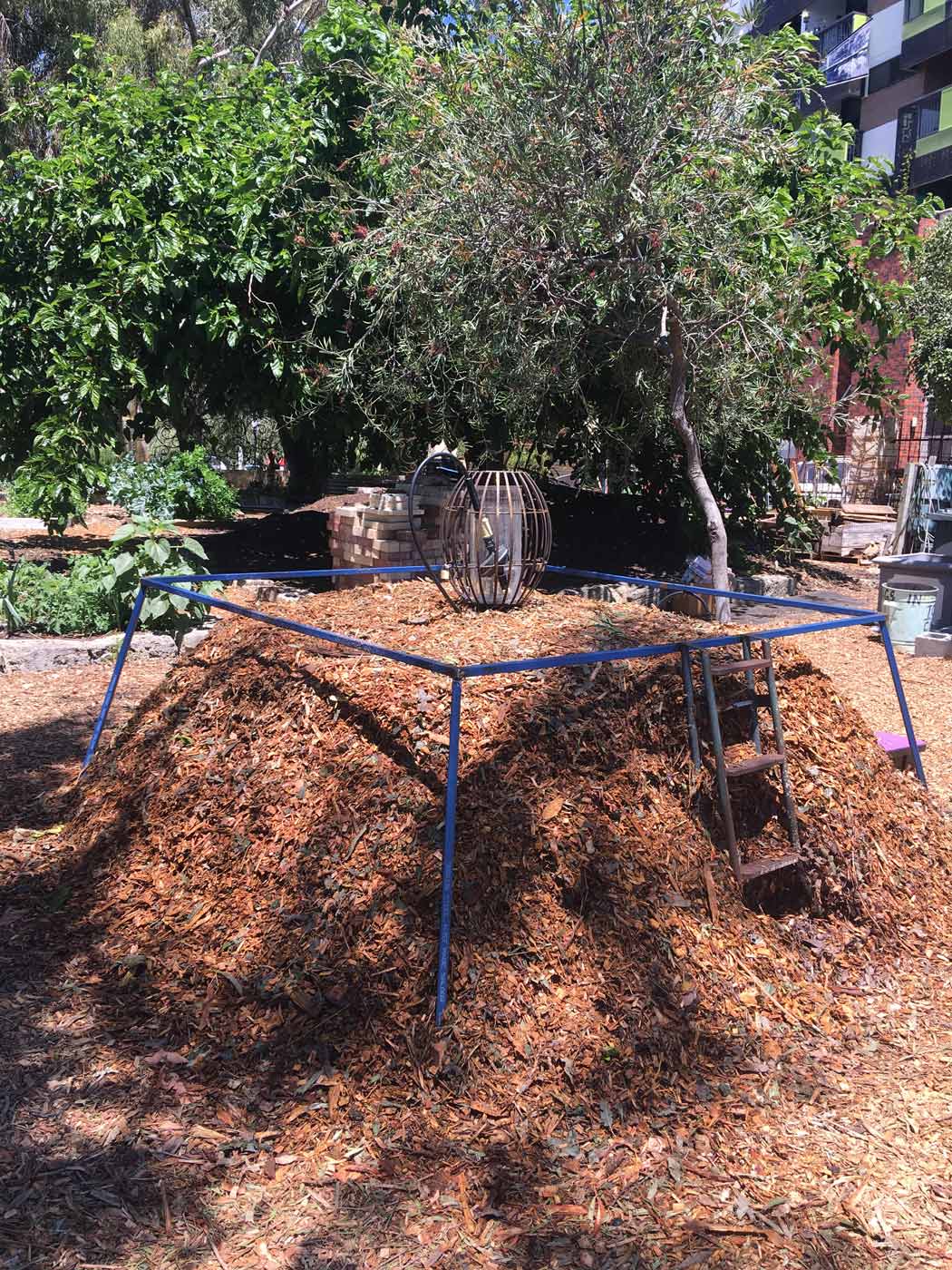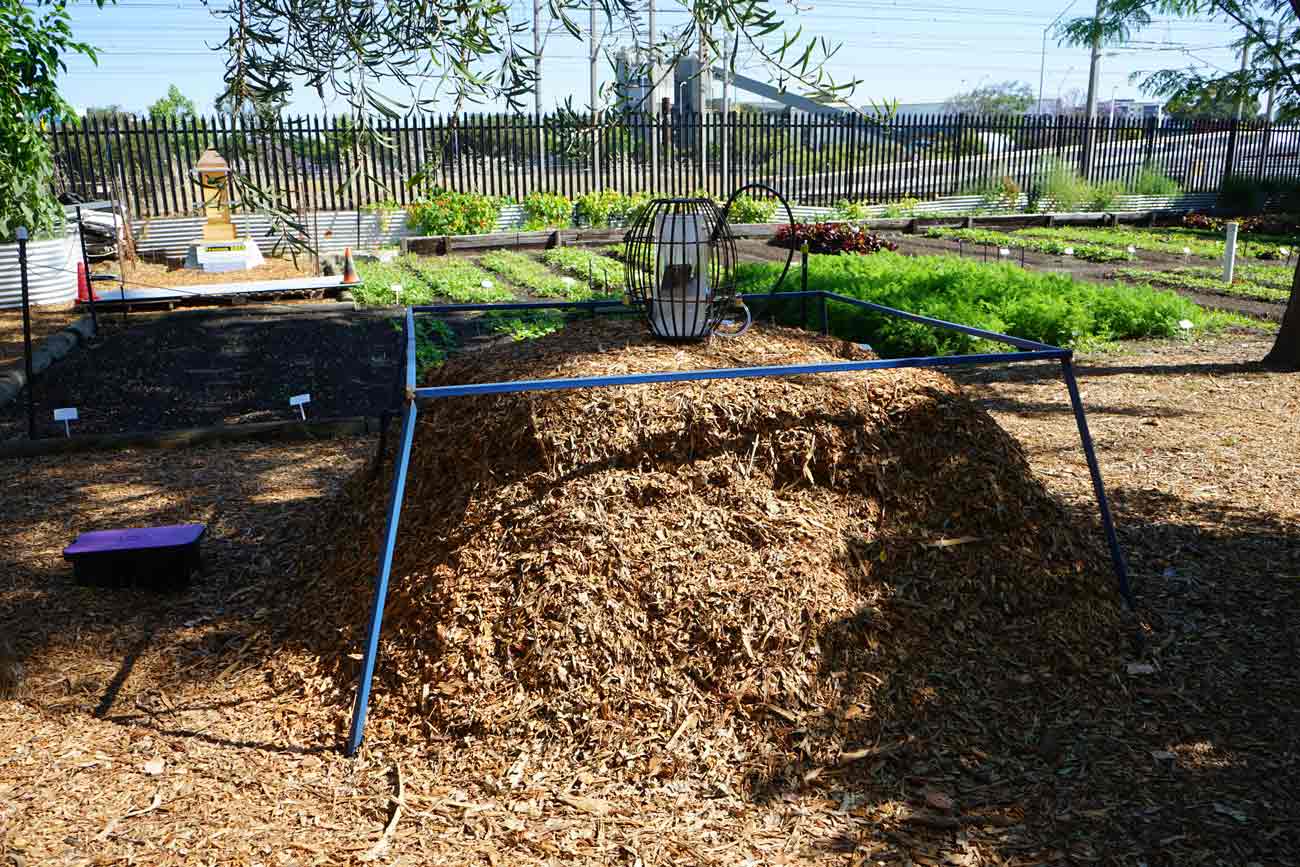COMPOSTUBATOR 1.0
—
2016
Oron Catts & Ionat Zurr
Developments in the life sciences and biomedical technologies tend to use revolutionary rhetoric and the illusion of breaking free from hegemonic social constructions; however these constructions are inbuilt within the developments of these technologies, their interpretation and application. Through a series of historical and contemporary narratives the artists look at the notion of the canonical bio-vessel – the Incubator – as a point of departure and “escape” from socially and human centric engrained discourses. Incubators not only serve as a rich, performative and provocative departure for stories about life and biopolitics, they also contest biological determinism and genohype, and are a place where the notion of life can be explored from the non-human perspective reflecting on past and contestable future scenarios. Here the artists explore narratives of the incubator both as a contraption of care/nurture and controlled life as well as a conceptual and biopolitical apparatus.
The incubator is a simulator of bodies and a homeostatic surrogate for life out of context, out of place, and out of agency. We wanted to complicate this apparatus/technology by making it into a living system; a fleshy, smelly, noisy and messy ”biological device”- an assemblage . We identified a living systems that may be able to “adopt” a small petri dish with disembodied cells: a compost – the compostcubator. In a sense we enabled sym-poietic systems which may have been assembled by the human but has some sort of independence from her – a mix of clay, wood, decaying food, faeces, worms, bacteria, dissociated cells, plastics pumps and the historically first cybernetic device – the thermostat. All somehow contributing to a composite whole. Playing with and critiquing notions of control, optimisation, computation and information to kinship, interdependence, multispecies ecologies and genome instability.
Compostcubator was built and constructed from wood and wireframe that is covered with mud and clay, sourced and applied locally. The heat from the incubator is generated from the bacteria decomposing a pile of so called biological waste in the centre of the clay/mud incubator; providing heat needed for the cells growth in petri dishes which are positioned in specially crafted compartments.
—
Compostubator was commissioned by the Kenpoku Arts Festival, and was created in dialogue with Mike Bianco and his project Hivecubator. Both incubators were installed together as part of the collaborative installation Vessels of Care and Control.
Special thanks to Devon Ward, Yukiko Shikata, Hirofumi Nakamoto, and Aruma Toyama
—
The Compostcubator was developed from The Golem, a performative installation featuring a large compost created from mud, clay and water that was studded with living cells grown in a laboratory. The Golem was constructed by the local community and built in Tower Hamlets Cemetery Park as part of Shuffle Festival 2016.






